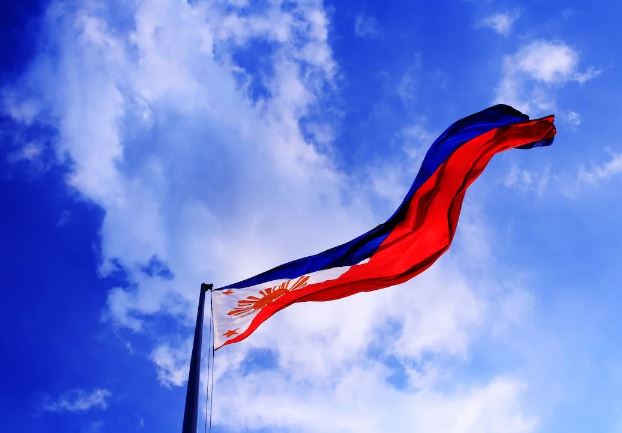Manila [Philippines], January 3: Jeepney drivers and operators in the Philippines have vowed to launch more transport strikes in 2024 even after the deadline to modernize the iconic passenger vehicles lapsed on the last day of 2023.
"This January 2024, we will continue our strikes to fight for the rights of jeepney drivers and operators," Mody Floranda, national president of a jeepney drivers and operators group, told a local newspaper.
The elongated, flatbed passenger jeepney is the most popular mode of public transport in the Philippines. These iconic vehicles have been plying the streets across the Southeast Asian country since World War II. Government data showed that around 160,000 transitional jeepneys are running across the country.
Indeed, the diesel-fueled jeepney has become one of the most recognizable icons of Filipino pop culture. But critics say the decade-old vehicle has become a tarnished icon, symbolizing the country's technological backwardness and inability to adapt to changing times.
A national plan to remove the jeepneys from the road, especially from Metro Manila's gridlocked streets, has been ongoing, stirring a fresh debate on the fate of the iconic jeepneys chugging along the roads since the 1950s.
As part of the public utility vehicles (PUV) modernization program, jeepneys older than 10 years were required to be removed from roads to cut traffic emissions and ease the worsening traffic congestion gripping the capital.
Jeepney drivers and operators were also required to join transport cooperatives before Dec. 31, 2023. Otherwise, they will be no longer allowed to operate.
According to the Department of Transportation, over 70 percent of PUV operators nationwide have committed to the modernization program. However, the rate is around 40 percent in Metro Manila.
Opposition lawmaker Arlene Brosas, a member of the House of Representatives, warned that the mandatory franchise consolidation forces over 60,000 jeepney operators to give up their franchises and join a few transport cooperatives.
"Drivers and operators are being pressured to join transport cooperatives or companies, disbanding their current jeepney associations and putting their livelihoods at risk," Brosas warned.
Days before the deadline, the government issued new guidelines permitting unconsolidated PUVs to operate along specific routes until Jan. 31, to prevent a transportation crisis.
Two days after the consolidation deadline, Jeepneys are still plying the traffic-choked streets in Metro Manila on Tuesday.
Some jeepney operators and drivers decided to continue to challenge the plan, saying it is meant to "kill" small transport operators in the country. Some transport groups took to the streets to dramatize their protest.
Jeepney drivers and operators even asked the Supreme Court to intervene to stop the program's implementation.
Floranda said the strikes will persist in 2024 until the government scraps the modernization program.
Source: Xinhua

